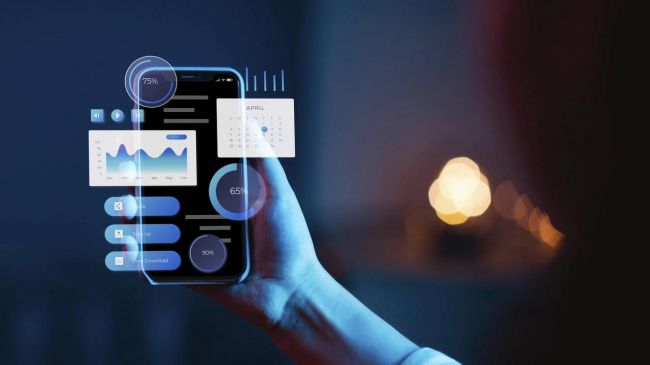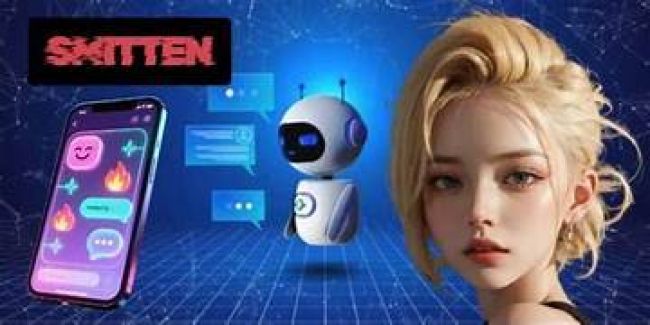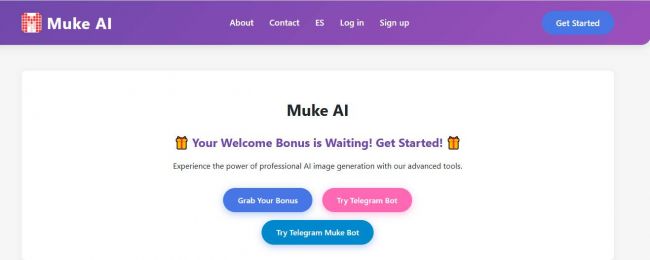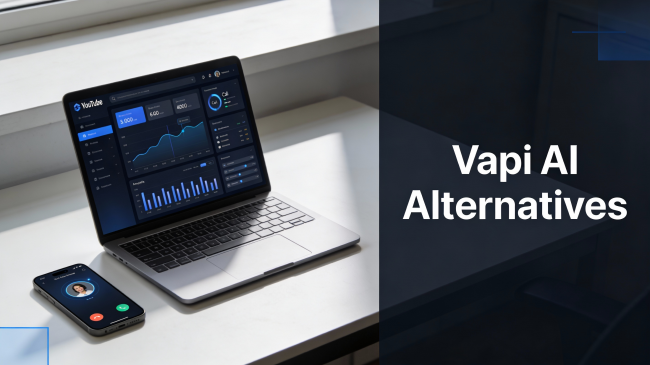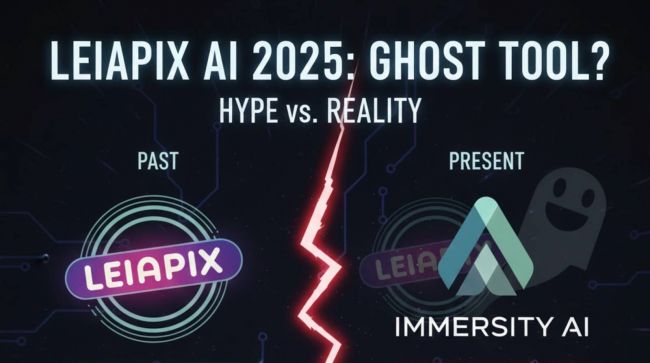Social media marketing in 2026 is driven less by intuition and more by automation, data intelligence, and AI co-creation. What used to be a landscape of trial-and-error campaigns has matured into a system where artificial intelligence fuels strategy, creativity, and real-time response. As consumer behavior becomes more dynamic, AI is not just supporting marketers it’s becoming an active, creative, and decision-making partner.
Marketing That Feels Personal
AI-driven personalization is no longer just about addressing users by name. Today, tools like Meta’s Advantage+ Shopping Campaigns use deep learning to analyze behavior across Facebook, Instagram, and third-party data points. These systems predict which combination of images, copy, and calls-to-action will resonate with different users. TikTok’s Promote feature works similarly, using machine learning to dynamically place content where it's likely to generate the most engagement. According to Meta’s 2026 performance marketing update, advertisers using Advantage+ report a 15% lower cost per acquisition compared to manual segmentation methods.
Knowing What’s Next Before It Goes Viral
Instead of chasing viral moments, brands are using predictive AI to anticipate them. Platforms like Sprinklr AI and Brandwatch Consumer Intelligence scan billions of data points across social channels, news sites, and forums to identify emerging sentiment patterns, influencer momentum, and microtrends. As per Sprinklr’s 2025 trend insights report, companies that implemented predictive social listening saw a 25% higher engagement rate on proactive content compared to reactive content. This shift allows brands to enter conversations early, with relevance and authority.
The Rise of Autonomous Social Agents
One of the most transformative shifts in 2026 is the deployment of AI social agents autonomous digital personas embedded within platforms. These agents do more than automate replies; they initiate conversations, resolve customer queries, run polls, and escalate leads to human teams when needed. According to HubSpot’s 2025 AI in Marketing study, 61% of brands using AI agents on platforms like Instagram and Discord reported improved customer satisfaction scores, especially when the agents maintained brand tone and contextual intelligence.
Balancing Automation with Authenticity
Despite the leap in efficiency, marketers are increasingly wary of content that feels too optimized. Consumers are now quicker to spot templated or synthetic content, prompting brands to blend AI output with human creativity. Duolingo, for instance, has adopted a hybrid model. Their social team uses AI to surface trends, script basic ideas, and test tone but the final content is shaped by human writers who inject cultural nuance and humor. As Fast Company noted in their March 2025 feature, this approach has helped Duolingo maintain its unique, irreverent voice while scaling to new markets.
What Lies Ahead?
Looking forward, industry analysts at eMarketer forecast that by 2027, over 82% of brand-generated content will involve AI in some phase of creation or delivery. However, the brands that stand out won’t be the ones that automate everything. Instead, the real winners will be those who understand when to deploy AI’s speed and scalability and when to pause, reflect, and let human insight lead.
Post Comment
Be the first to post comment!
